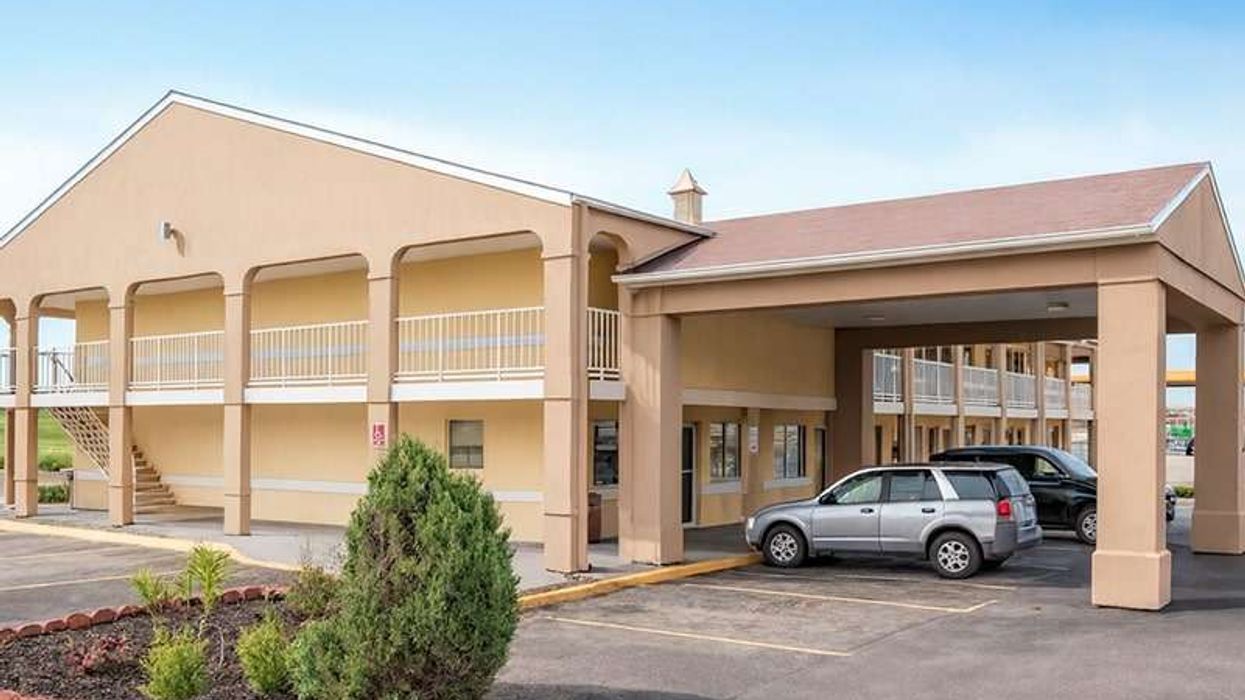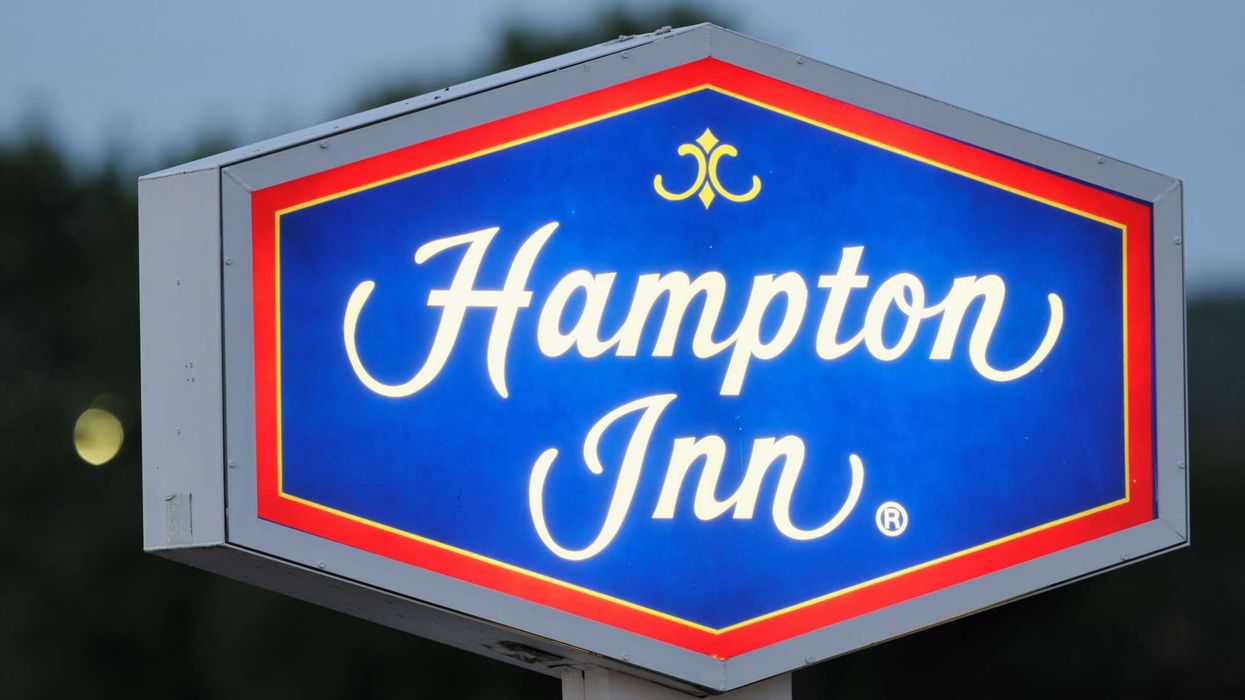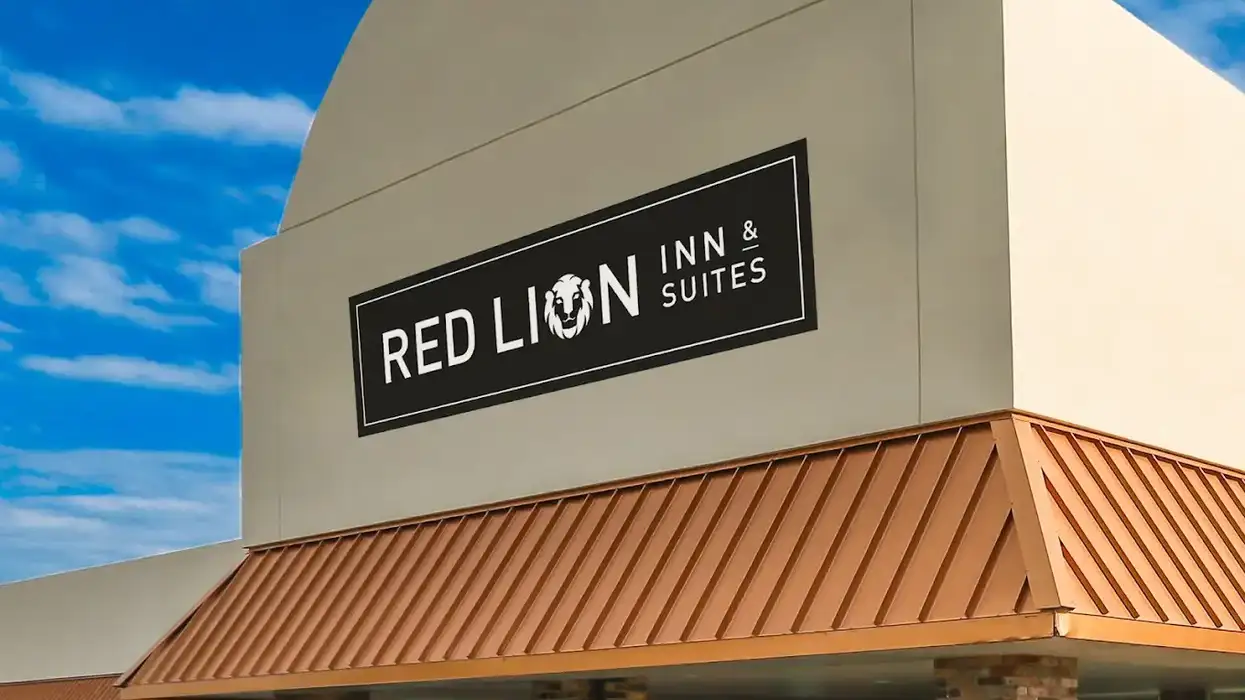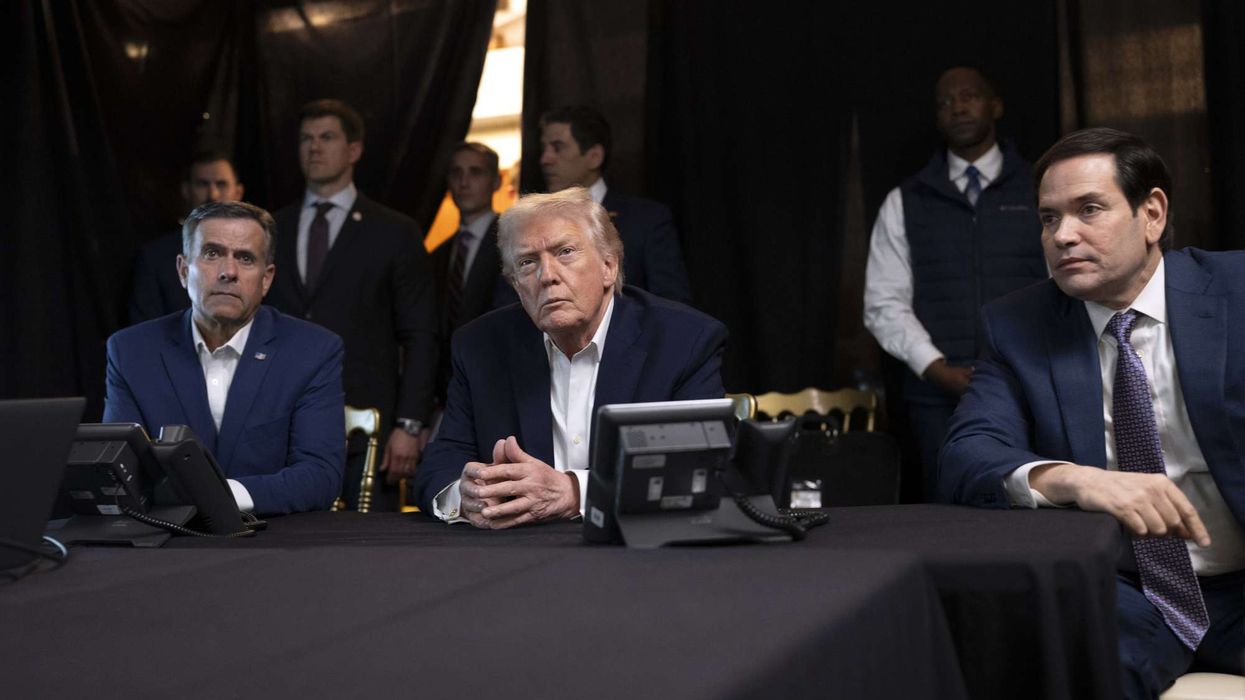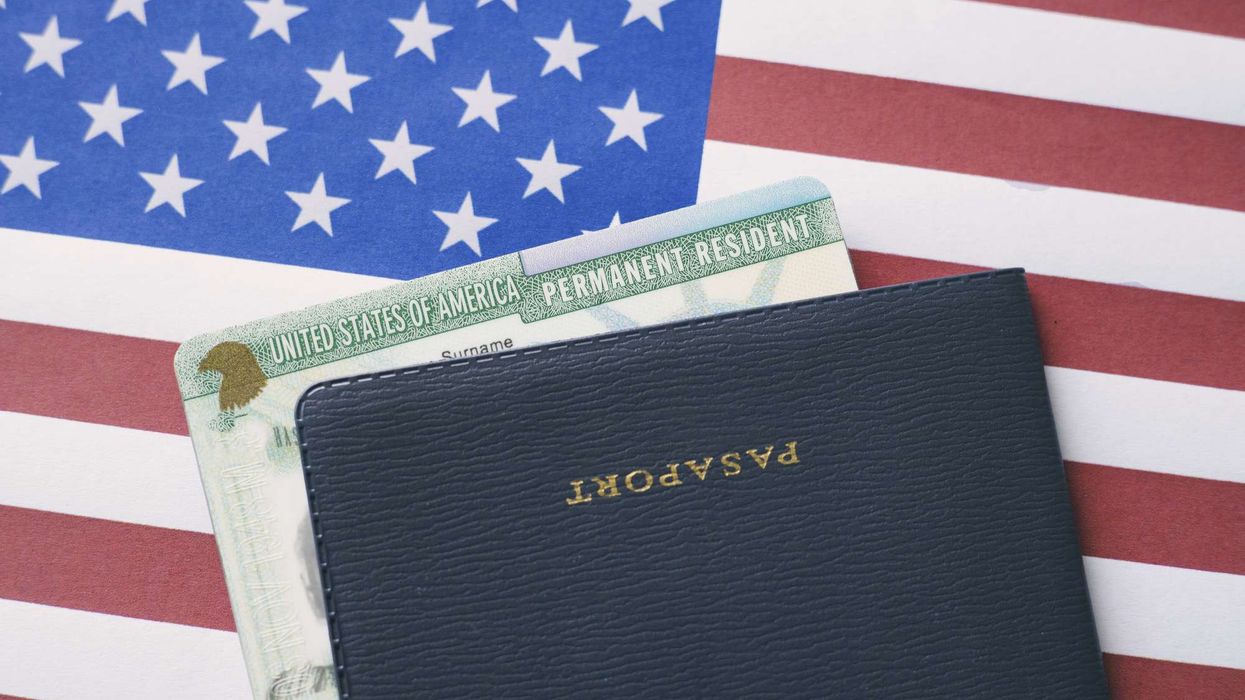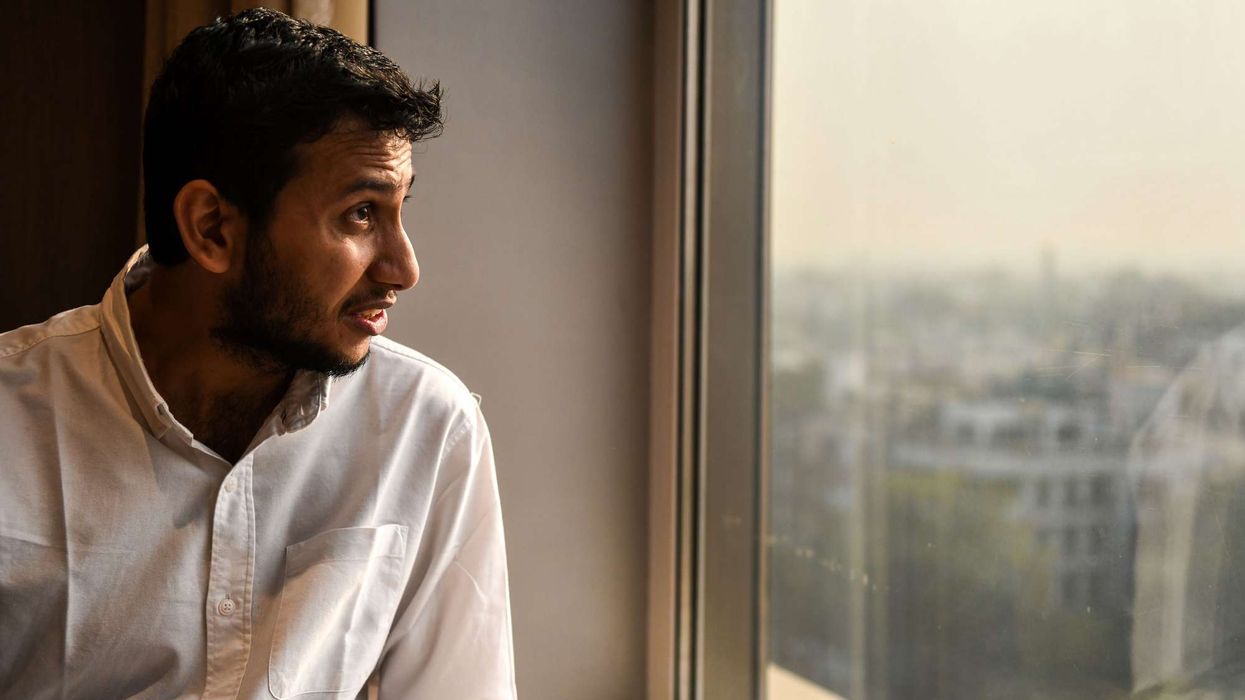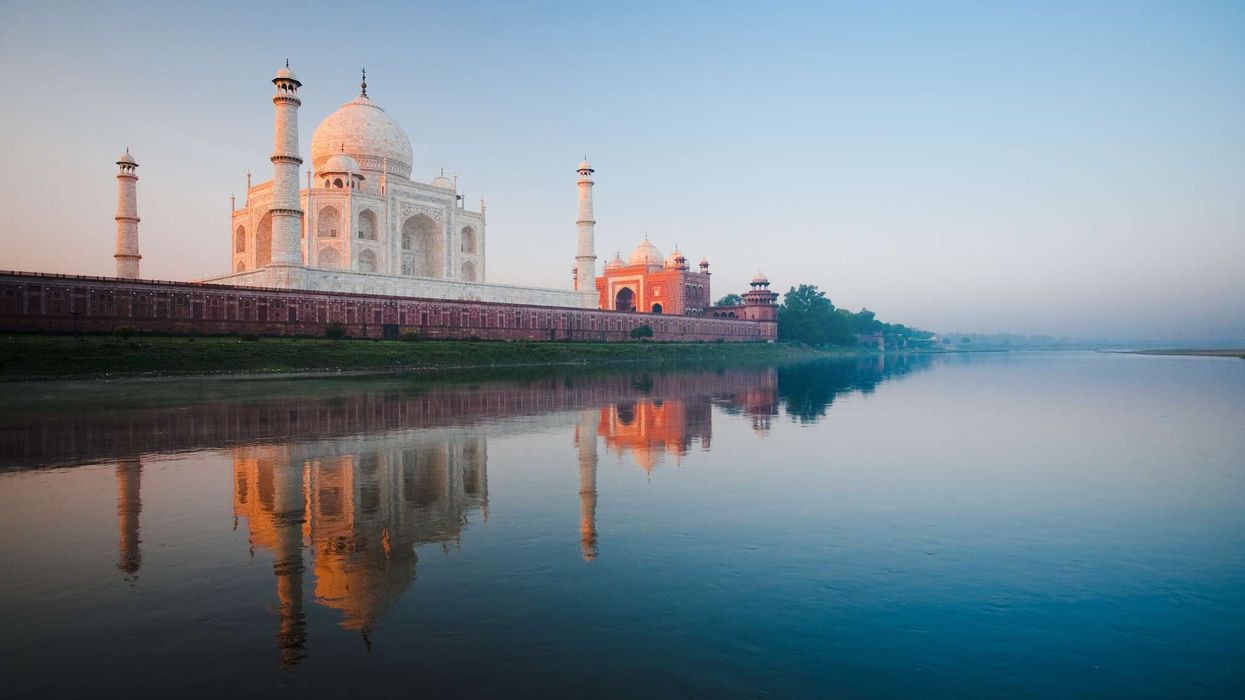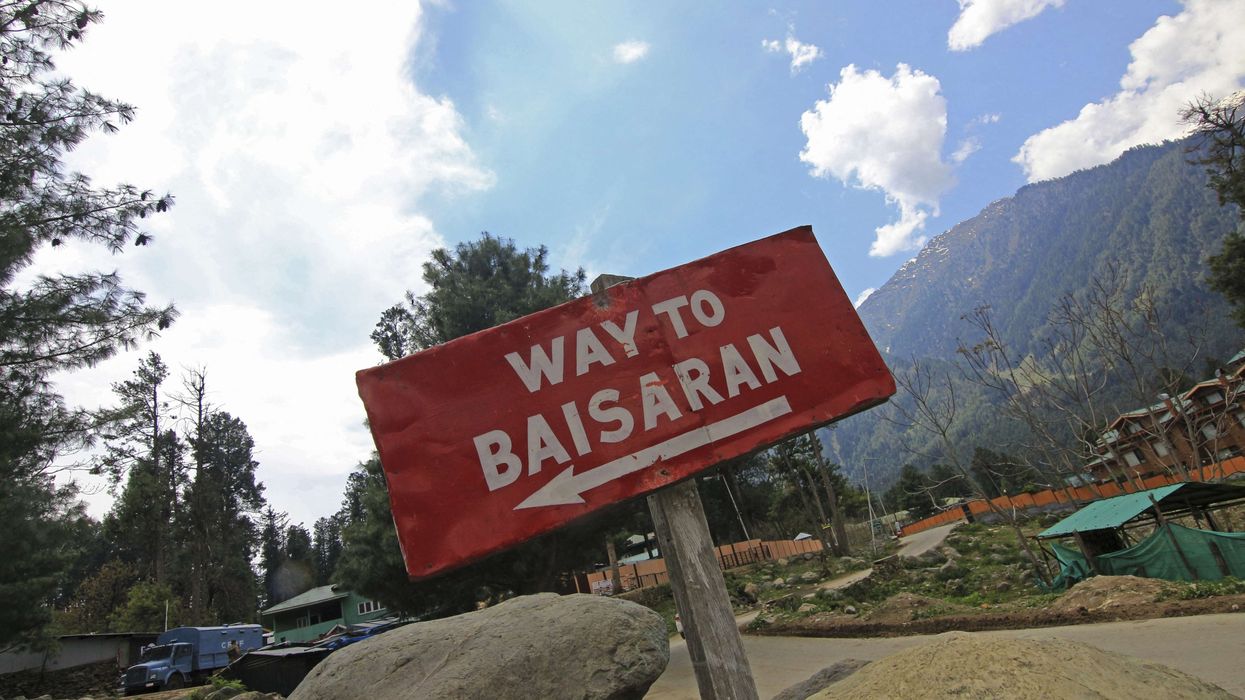ANOTHER YEAR IS done and a new year, and a new decade, begins for the U.S. hotel industry. In 2019, leadership at AAHOA changed with the installation of the association’s first Chairwoman Jagruti Panwala and the selection of a new president and CEO. Several large hotel companies, including Red Lion Hotel Corp. and Wyndham Hotels & Resorts Inc., saw shakeups at the top as well.
New legislation affecting the industry passed amid political turmoil that had ramifications, and some direct impact, on the industry. And many Indian Americans welcomed the prime minister of India to the U.S. for historic “Howdy Modi” event.
This is a review of some of the major headlines in our publication for this past year.
Asian American owned companies continue to advance
Several prominent Asian American owned companies saw advances in 2019.
In March, the chief executives at hotel development and management company NewcrestImage, Chairman and CEO Mehul Patel, CFO Chirag Patel and managing partner Mital Patel, purchased American Bank in its home base of Dallas. In July, the company announced a nationwide, $2 billion expansion of its portfolio that was followed by numerous acquisitions throughout the year and plans to build its first hotel in India.
Oklahoma City, Oklahoma-based Champion Hotels, under founder and CEO Champak “Champ” Patel, helped lead the charge on developing InterContinental Hotels Group’s new avid brand, the pipeline for which reached than 180 properties in 2019. Champion Hotels opened the first avid hotel in August north of Oklahoma City, and later opened an avid near the city’s Will Rogers International Airport and partnered on a third avid hotel that opened the same week in Tulsa, Oklahoma.
In August, Columbia, Maryland-based Baywood Hotels, under President Al Patel, began construction on its first hotel development using the modular building technique. The five-story, 145-room Hilton Garden Inn San Jose/Fremont in Fremont, California, is expected to open later this year, will include a full-service restaurant and bar and 12 EV charging stations.
And in November, after Tru by Hilton opened its 100th property, Chattanooga, Tennessee-based Vision Hospitality Group’s President and CEO Mitch Patel offered his comments on the brand in a Q&A with Talene Staab, vice president and global head of Tru. Hilton launched Tru in 2016, and that same year Vision Hospitality broke ground on a 98-room Tru in McDonough, Georgia, south of Atlanta, as part of McDonough Hotel Partners LLC. Since then the company also has opened a Tru in its hometown of Chattanooga, Tennessee, and it is one of several Asian American-owned companies to support the brand’s growth.
New leadership, new direction for AAHOA
At its 2019 AAHOA Convention & Trade Show in San Diego in April, AAHOA swore in Panwala as its first chairwoman. She recounted to the crowd her impressions of her first AAHOA convention in Atlantic City 18 prior.
“From the moment I stepped in the door, I knew that I was not alone, that none of us are alone while pursuing our dreams as hoteliers,” Panwala said. “Many good leaders in the hotel industry who saw all the education and resources AAHOA offered opened my eyes to all that I could do as a hotelier.”
The association board also rotated positions during the convention and AAHOA members elected eight other new members to three-year terms on the board:
Director at Large – Prashant Patel
Young Professional Director Western Division – Miraj S. Patel, MBA, CHO, CHIA
Alabama Regional Director – Sanjay M. Patel
Central Midwest Regional Director – Hitesh Patel
Gulf Regional Director – Nick Zaver
North Carolina Regional Director – Akshat A. Patel
Northwest Regional Director – Hiten Patel, CHO
Washington, D.C., Area Regional Director – Sandip Patel
In November, AAHOA also picked its new President and CEO Cecil Staton, a former Georgia legislator and Chancellor Emeritus at East Carolina University in Greenville, North Carolina. He succeeded previous President and CEO Chip Rogers stepped down in January.
One month into the job, Staton told Asian Hospitality he was still absorbing knowledge on the association’s more 19,300 members and a staff of nearly 40 staff members.
“My first few weeks here have been great. I’ve gotten to know the officers, the board of directors and the professional staff, and I’ve begun speaking with more members and some of our partners,” he said. “This association attracts remarkably dynamic people, both as members, partners and employees, and I am enjoying meeting as many of them as I can.”
Changes at the top
The year saw departures of top executives from several hospitality companies, some voluntary and others resulting from dissatisfaction with the companies performance.
In May, Wyndham’s La Quinta Brands President Rajiv Trivedi announced he would retire to spend more time with his family. The company’s Senior Vice President for Design and Construction Krishna Paliwal, who came to Wyndham from La Quinta, assumed Trivedi’s position.
Trivedi’s announcement in came a little more than a year after Wyndham acquired the La Quinta brand.
“After 20 years of leading La Quinta, I have decided to step aside to spend more time with my family,” Trivedi said in a video to franchisees. “This is entirely my decision, and one I feel blessed to be able to make.”
The departure of RLH Corp. President and CEO Greg Mount in November was less voluntary. The company’s deemed it a “necessary action” to restore confidence in the company.
“The board recognizes the operational performance of the company has not progressed as anticipated. Action was necessary, starting with a search for a new CEO,” Chairman of the Board Bob Wolfe said at the time.
One month later, Wolfe also stepped down to retire as RLH Corp.’s Independent Director R. Carter Pate succeeded him. John Russell, Jr. is serving as interim CEO until Mount’s full time replacement is selected.
Also in December, Radisson Hotel Group President for the Americas Ken Greene stepped down for personal reasons. Radisson has begun searching for Greene’s replacement, the company said, giving few details on what led to his resignation.
More changes for Wyndham occurred in December with the departure of Hotels & Resorts Chief Financial Officer David Wyshner, who said he would be moving into a senior advisory role reporting to President and Chief Executive Officer Geoff Ballotti until March 1. The company’s Treasurer and Executive Vice President Michele Allen will succeed Wyshner.
In the same week, Expedia Group CEO Mark Okerstrom and CFO Alan Pickerill resigned after they disagreed with the company’s board of director over the direction the company should take. And Extended Stay America reported that Bruce Haase would succeed Jonathan Halkyard as its new president and CEO. No explanation was given for Halkyard’s departure.
Finally, Peter Kwong was elected as the new chairman of Best Western Hotels & Resorts’ board of directors. Kwong previously served as vice chairman and has been a Best Western owner for 25 years.
Legislative action taken
A range of new laws and legislative actions were taken in 2019 with impacts on the nation’s hotels. They dealt with long-standing issues, such as the long-standing issue of clearly defining joint-employer status and Brand USA, a public-private partnership that promotes travel to the U.S.
In April, the U.S. Department of Labor created a new rule to clarify joint-employer status while another federal agency, the National Labor Relations Board, was in the process of preparing its own rules. The board’s definition of joint-employer status has been in limbo since Feb. 26, 2018, when the NLRB vacated its 2017 decision in Hy-Brand Industrial Contractors Ltd. and Brandt Construction Co. in response to a court finding that one of the board members had a conflict of interest in that case.
As a result, the board’s definition on joint employers under the National Labor Relations Act and the Fair Labor Standards Act reverts to the 2015 Browning-Ferris Industries case, which the Hy-Brand decision had overruled.
The new Labor Department rule essentially establishes a four-factor test based on precedent to determine if two entities meet standards that make them joint employers of a shared labor pool. It would be added to The Fair Labor Standards Act and would be the Labor Department’s first major revision of its joint employer regulation since 1958.
Congress approved Brand USA’s reauthorization in December and the bill was awaiting President Trump’s signature to become law. The Brand USA Extension Act of 2019 will extend funding for the program through 2027 and increase the fees paid by international travelers for pre-authorization programs that fund the partnership.
The bill’s sponsors, U.S. Sens. Roy Blunt (R-Mo.), Amy Klobuchar (D-Minn.), Cory Gardner (R-Colo.) and Catherine Cortez Masto (D-Nev.), said Brand USA has brought 6.6 million incremental international visitors to the U.S. since 2013. It brought $48 billion into the economy and supporting around 52,000 annually, according to Blunt’s office.
Other proposed legislation during the year includes an act to change the name of the U.S. Visa Waiver Program, which allows pre-screened travelers from participating countries to travel to the U.S. for stays of up to 90 days, to the Secure Travel Partnership. That bill’s sponsors, Reps. Tom Rice (Republican-South Carolina) Mike Quigley (Democrat-Illinois), Raja Krishnamoorthi (Democrat-Illinois), and Guy Reschenthaler (Republican-Pennsylvania), say it would improve security and bring economic benefits by encouraging travel to the U.S.
A similar proposed bill, The Secure Traveler Act, would expand the TSA PreCheck program that allows pre-cleared air travelers to pass through airport security more quickly. The U.S. Travel Association endorsed the bill, saying it could reduce security line wait times in the nation’s airports.
The Employee Flexibility Act will provide more work opportunity by freeing employers from having to provide medical insurance for those looking to earn more money by adding or trading shifts, gaining the endorsement of the American Hotel & Lodging Association. Also, the Labor Department announced a new rule under the Fair Labor Standards Act that will qualify 1.3 million U.S. workers for overtime pay, which AAHOA said would benefit small businesses and create clarity and consistency.
On a local level, California in April proposed a ban on complimentary toiletry bottles in hotels in the state. It comes when many hospitality companies have already started ditching the little plastic bottles for more sustainable options.
Along with new laws passed and proposed, politics played positive and negative roles in the lodging industry throughout 2019.
Discord meets unity
Early in 2019, conflicts between President Donald Trump and Democrats in Congress led to a federal government shutdown that hit the hospitality and travel industries. It led to a loss of pay for more than 800,000 federal workers and closed national parks, leading AAHOA to issue a statement urging a resolution to the conflict.
“Travel expenses for employees at affected agencies cannot be paid during the shutdown which means less revenue for the hospitality sector. Many of our national parks and museums are closed, and hotels surrounding them will see dwindling occupancy rates which impact hoteliers, their employees, and their families,” said then President and CEO Chip Rogers at the time.
Later in 2019, Trump’s on hospitality company, Trump Hotels, pulled its plans to build the first of two new brands in Cleveland, Mississippi, a Scion and two American Ideas, citing the effect of political attacks on the company. That left the developers of the project, Chawla Hotels of Cleveland, in the lurch.
The Chawlas, brothers Dinesh and Suresh, put the best face on the situation.
“We’re fine financially. We’re on schedule to open this fall,” Dinesh Chawla said in a Facebook post at the time. “You guys see all the whirlwind of activity out there on the construction site. With a bit less rain, we’d be cranking it even more.”
The fate of all the Cleveland projects remained unclear at the close of 2019. The company’s website was “closed for construction” and it saw other problems later in the year when Dinesh was arrested in August on charges he stole luggage from other passengers at the Memphis airport.
In October, the two brothers split the business with Suresh bringing 12 of the company’s properties, not including the luxury project, into his new management group, Delta Lodging Group LLC, according to the Mississippi Business Journal.
The former Scion is now called The Lyric under Dinesh’s side of the business, and in a Facebook post in January he is seen working in the office that still is under construction.
However, international politics in 2019 led to a historically upbeat moment for the Indian American community when as Indian Prime Minister Narendra Modi came to Houston in September. The Howdy Modi tour drew throngs of members of the community in a patriotic celebration for both countries.
Members of the Texas India Forum and other local groups organized the event with more than 1,000 volunteers and 650 Texas-based organizations helping. The crowds came despite the city being paralyzed the day before by Tropical Storm Imelda.
Trump and Modi held hands as they entered the arena and the two leaders were very complimentary toward each other on the stage. Modi, who heads India’s Bharatiya Janata Party, invoked the president’s “Make America Great Again” slogan as he hailed the state of the U.S. economy and the U.S.-India relationship.
“You can feel the strength and depth of the bonds between our two nations,” Modi said
Growth continues
Despite concerns about the industry slowing in the next two or three years, several new brands were introduced during 2019.
In February, G6 Hospitality unveiled a new design for its Motel 6 and Studio 6 brands that could make it easier for owners to combine them as dual-brands. They can convert from a single to a dual-brand property or alter the mix of a dual-brand between rooms for transient guests on their Motel 6 side and suites for extended-stay guests on the Studio 6 side, depending on the business trends they see in their locations, with no extra construction costs.
Hilton launched its Signia brand in 2019, focused on attracting meetings and events, the same month. In March, Wyndham introduced its “Moda” prototype for its Microtel by Wyndham brand during the Hunter Hotel Conference in Atlanta.
IHG launched its new upper-midscale hotel brand Atwell Suites in May, looking to fill what it called an unmet $18 billion market. In September it announced that the brand was now available for franchising.
Hyatt Hotels Corp.’s lifestyle brand Caption by Hyatt debuted in October. In May, the company formed a new division dedicated to promoting its lifestyle brands.

